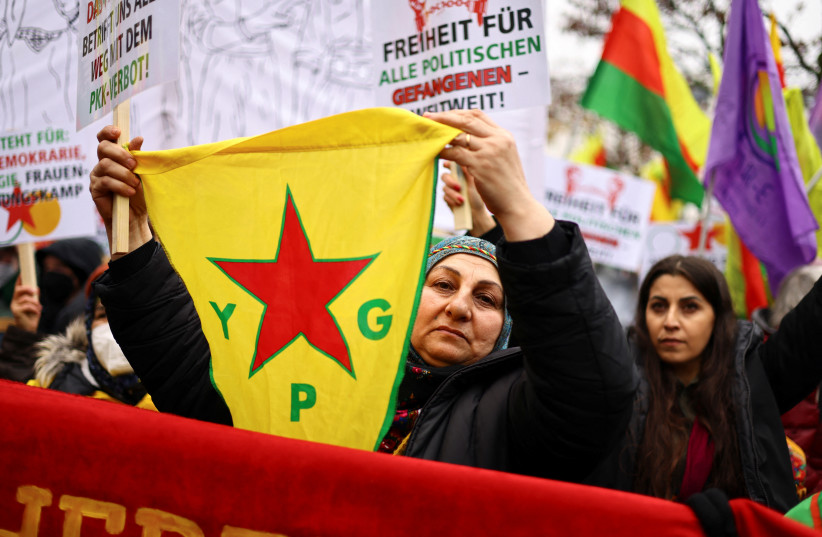Iraqi Kurds voted on Sunday for a new regional parliament amid an economic crisis caused by an enforced halt in oil exports and corrosive rivalry between the two main political parties.
The vote is to elect 100 lawmakers who will then pick a parliament speaker, a president and a prime minister for the semi-autonomous Iraqi Kurdistan region, which gained self-rule in 1991.
Polls close at 6 p.m. (1500 GMT) and results will be announced 24 hours later.
The elections come as the region grapples with the fallout from the suspension of its oil exports, a critical source of revenue.
Oil flows through the Kurdistan Regional Government's (KRG) pipeline were halted by Turkey in March last year after the International Chamber of Commerce ordered Turkey to pay Baghdad damages of $1.5 billion for unauthorized exports by the KRG between 2014 and 2018.

Negotiations to restart the pipeline have faltered as the KRG, foreign oil companies and the federal government have made conflicting demands.
The oil export suspension has exacerbated the region’s economic woes, leading to delayed salary payments for public sector workers and cuts in public services.
Political factions
Adding to the instability, the two dominant Kurdish parties, the Kurdistan Democratic Party (KDP) and the Patriotic Union of Kurdistan (PUK), are locked in a bitter rivalry over power and resources in a region rich in oil and gas.
Analysts and Kurdish politicians say that while the KDP, led by the Barzani family, and the PUK, led by the Talabani clan, continue to dominate the political landscape, no major shift towards resolving the deadlock is expected.
"Dear friends, come quickly and cast your votes, do not be late, I ask you to vote to change Kurdistan and improve the situation," said PUK leader Pavel Talabani after voting in Sulaimaniya.
Some voters expressed frustration over the worsening economic situation and the lack of unity among Kurdish leaders.
"We are tired of promises. We need a real change to find solution to our stifling financial crisis and the delay of salaries for years," said Rizgar Hama, 65, a retired teacher.
Others were more optimistic.
"I voted today in hope that our life could be changed into the better. I believe in democracy," said Rezan Omar, 35, a civil servant from the capital Erbil.
The parliamentary elections, originally supposed to be held in 2022, have been repeatedly delayed due to disagreements between the KDP and the PUK.
With opposition parties weak, the two parties are likely to extend more than three decades of power-sharing.
"We hope that a unified regional government will be formed as soon as possible and that the situation of citizens will move for the better," said Nechirvan Barzani, president of Iraqi Kurdistan, after voting in the Kurdish capital Erbil.
